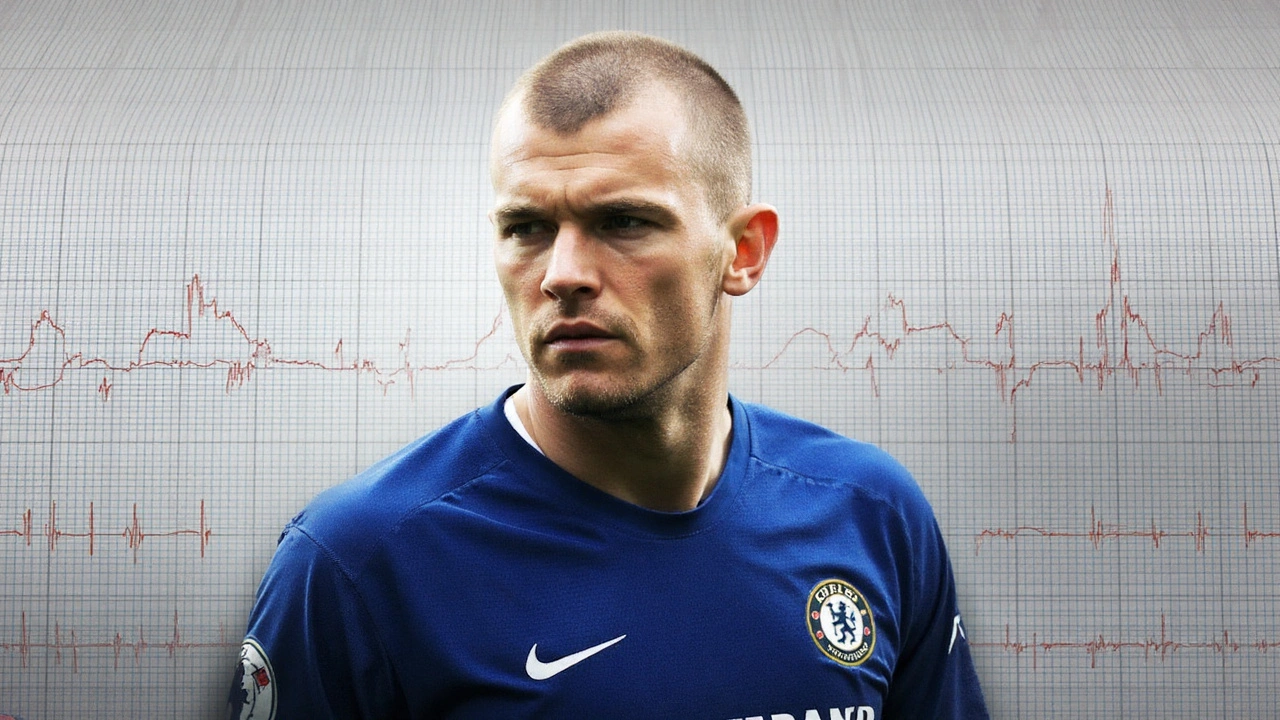Doping Case: What You Need to Know
If you’ve heard the term “doping case” in sports headlines, you’ll want the facts without the jargon. A doping case is simply an accusation or proof that an athlete used banned substances or methods to boost performance. These cases can pop up in any sport, from sprinting to cycling, and they usually trigger a chain of testing, hearings, and sometimes bans.
How a Doping Case Starts
Most cases begin when a random test or a targeted investigation flags a suspicious result. Anti‑doping agencies collect urine or blood, compare it to a list of prohibited chemicals, and decide if a follow‑up test is needed. If the athlete’s sample still shows a banned substance, the agency files a formal complaint. From there, the athlete can request a B‑sample analysis and may get a chance to explain.
What Happens After a Doping Case is Confirmed?
When the evidence is solid, the athlete faces penalties that can include a suspension, loss of titles, and returning prize money. The length of a ban depends on the substance, whether it was a first offense, and if there was any attempt to hide the use. Some high‑profile cases even lead to criminal investigations if there’s evidence of trafficking or fraud.
Beyond the personal fallout, a doping case can shake up an entire sport. Fans lose trust, sponsors may pull out, and other athletes might get new testing protocols. The ripple effect often pushes governing bodies to tighten rules, improve testing technology, and run education programs for younger competitors.
For everyday fans, the key takeaway is that a doping case isn’t just a headline—it reflects a system trying to keep competition fair. Knowing the basics helps you separate the hype from the real impact. Whether a star sprinter or a local club player is involved, the process follows the same steps: test, verify, judge, and enforce.
Stay tuned to your favorite sports sites for updates on ongoing doping cases. New developments happen quickly, especially when appeals are filed or new evidence emerges. By keeping an eye on official anti‑doping agency releases, you’ll get the most reliable information without the rumor mill.
In short, a doping case is a formal check on fairness in sport. It starts with testing, moves through verification, and ends with consequences that affect athletes, teams, and fans alike. Understanding the process lets you follow the story with confidence and see why clean competition matters for everyone.

Chelsea winger Mykhailo Mudryk has reportedly passed a lie detector test as part of his defense after testing positive for meldonium during Ukraine duty in November 2024. He maintains he unknowingly ingested the substance and faces up to a four-year ban. A stem cell injection with the national team has been suggested as a possible source. Chelsea’s financial exposure is estimated around €30m while the case drags on.
Read More